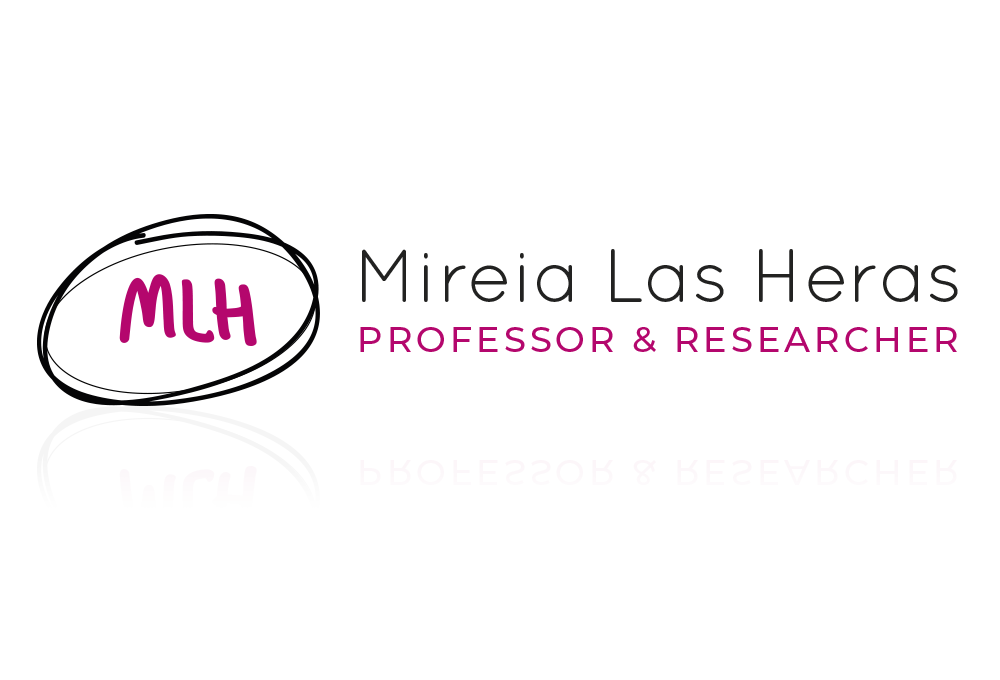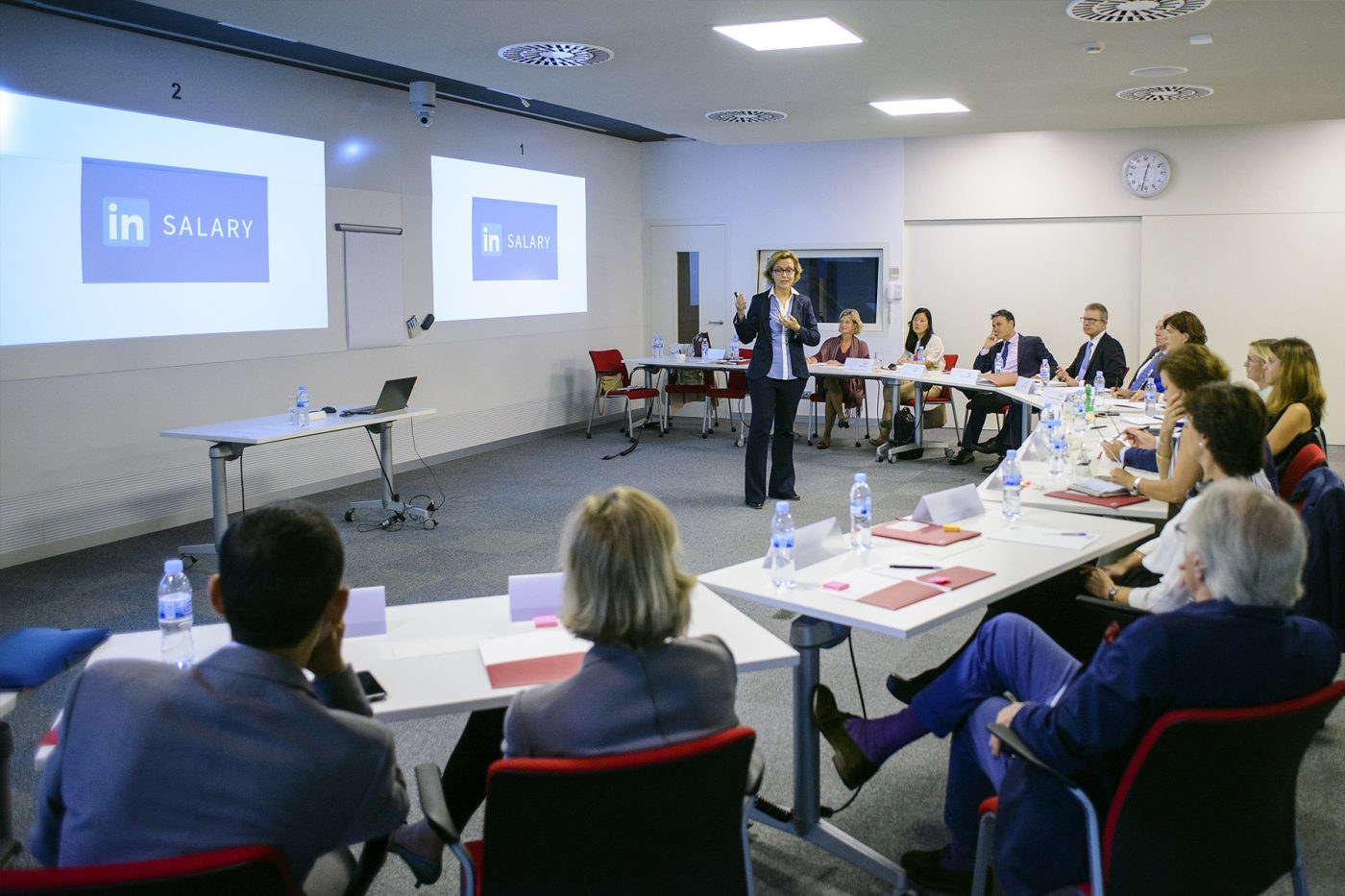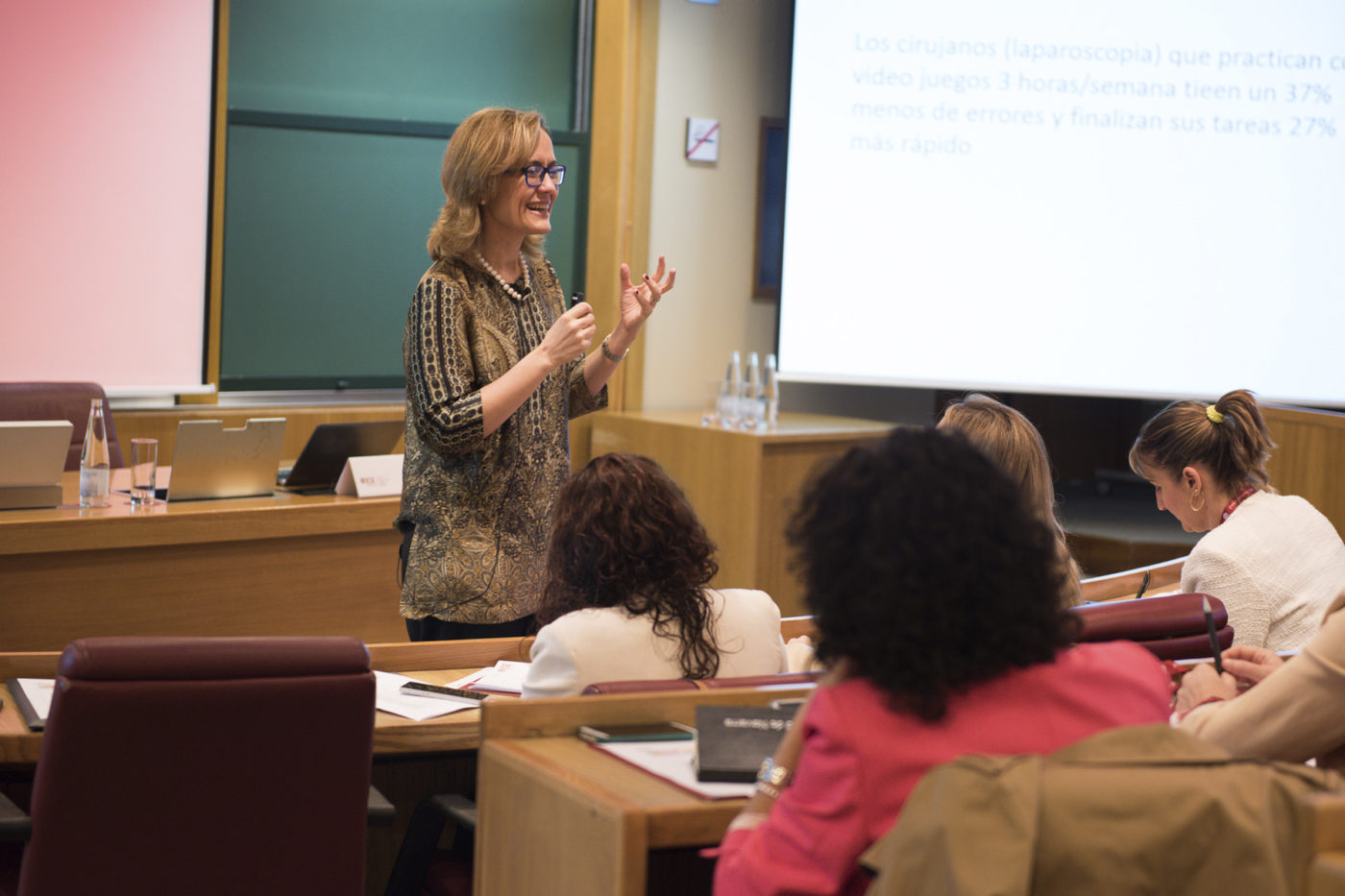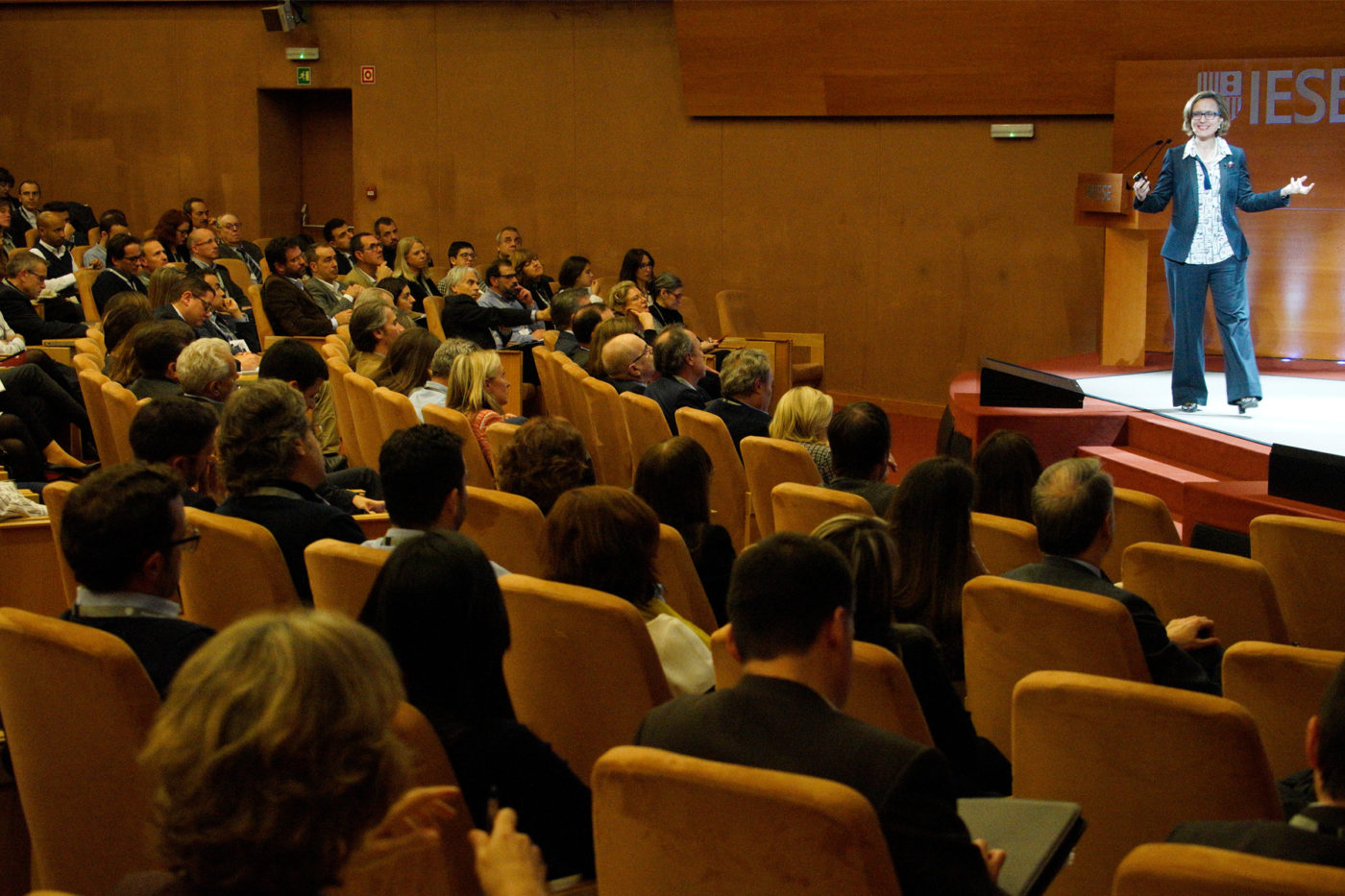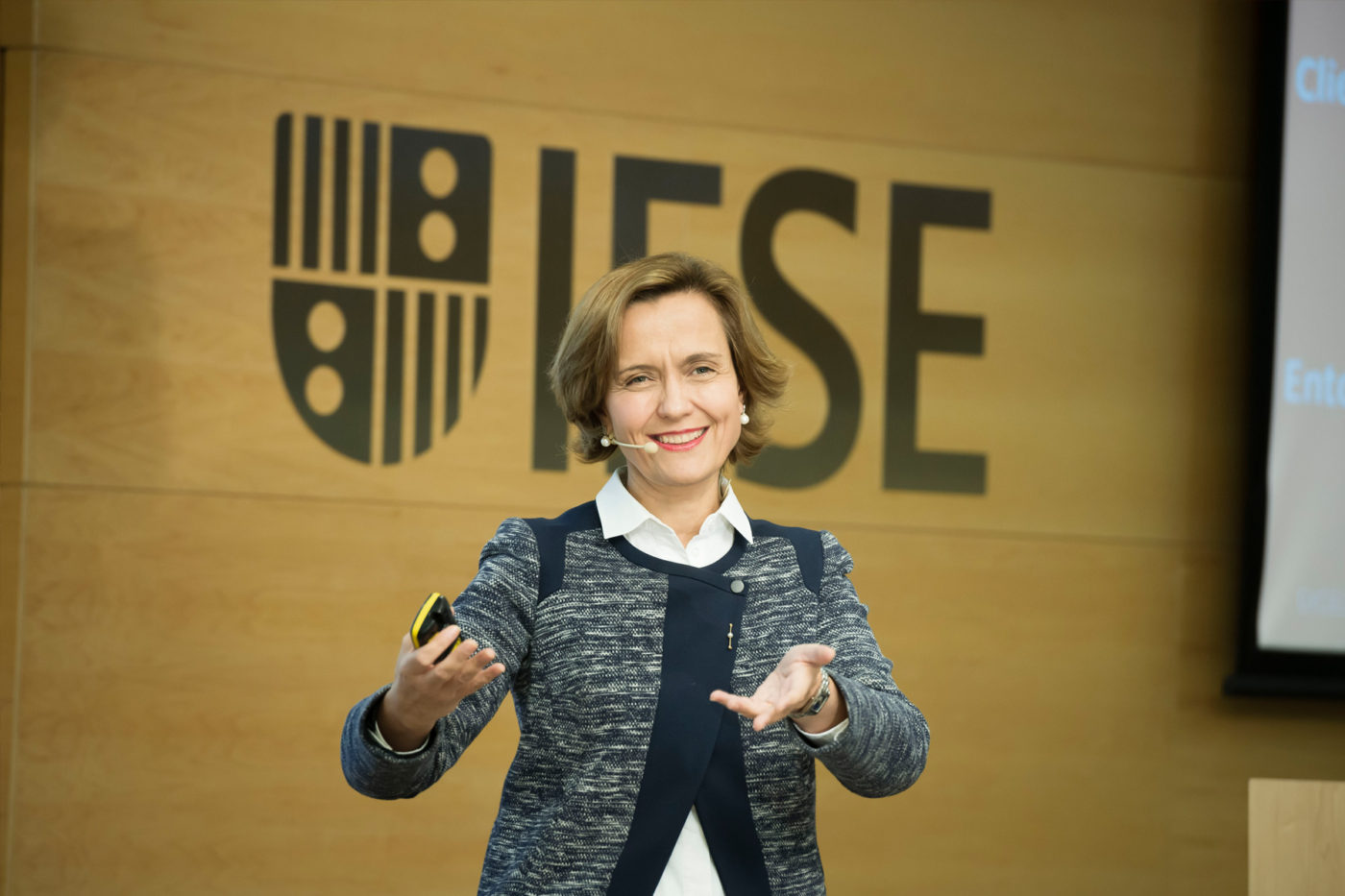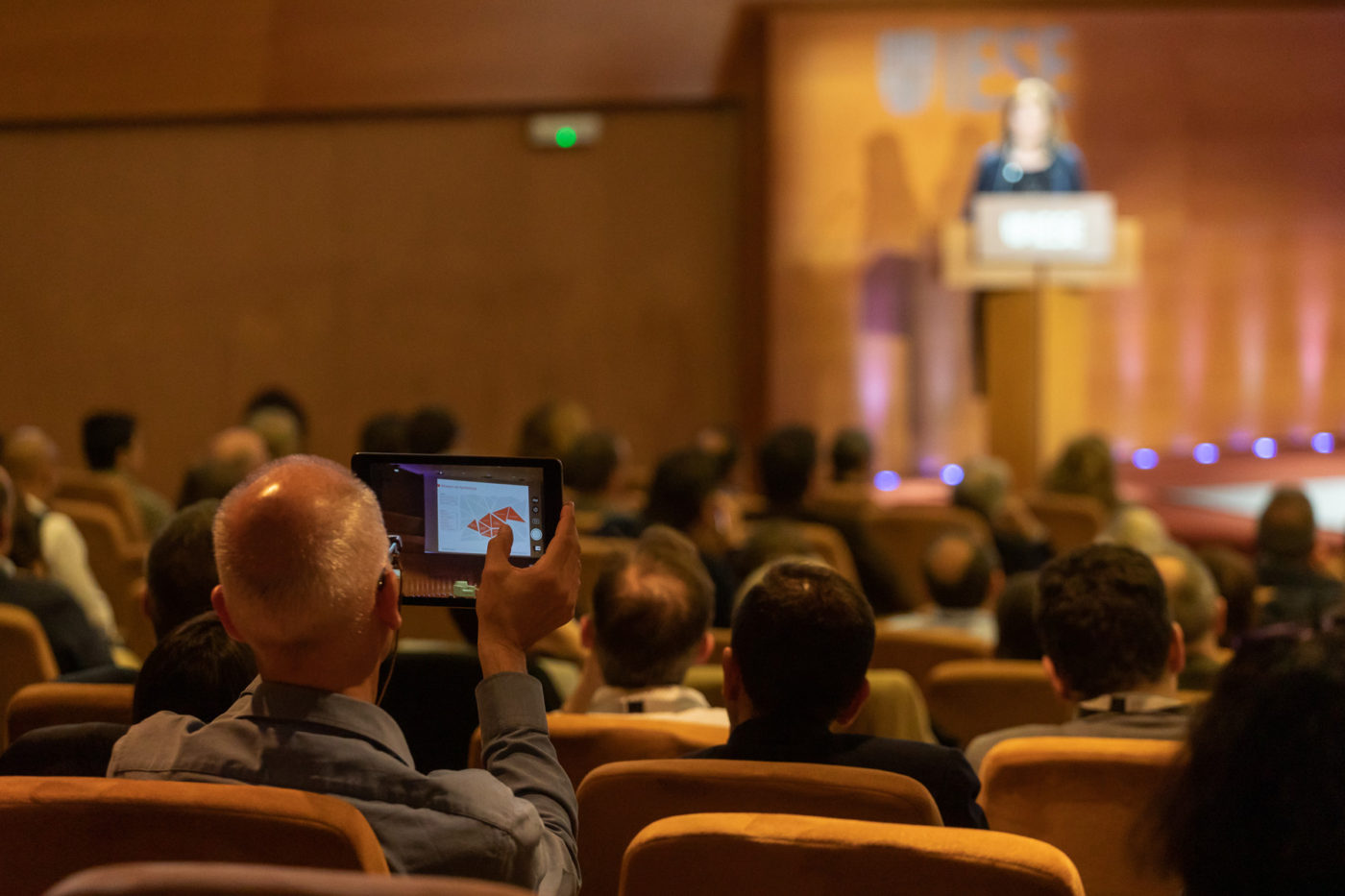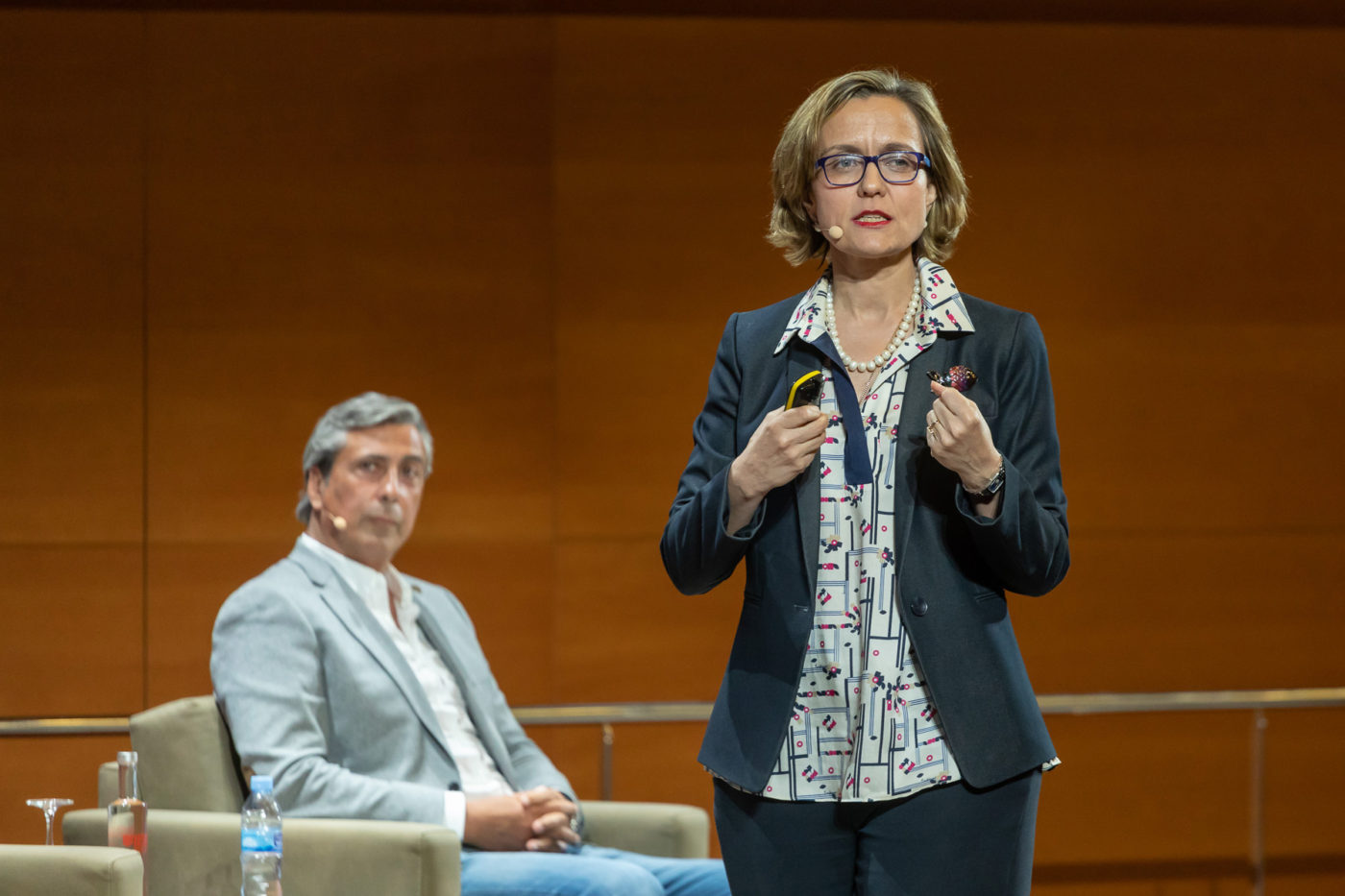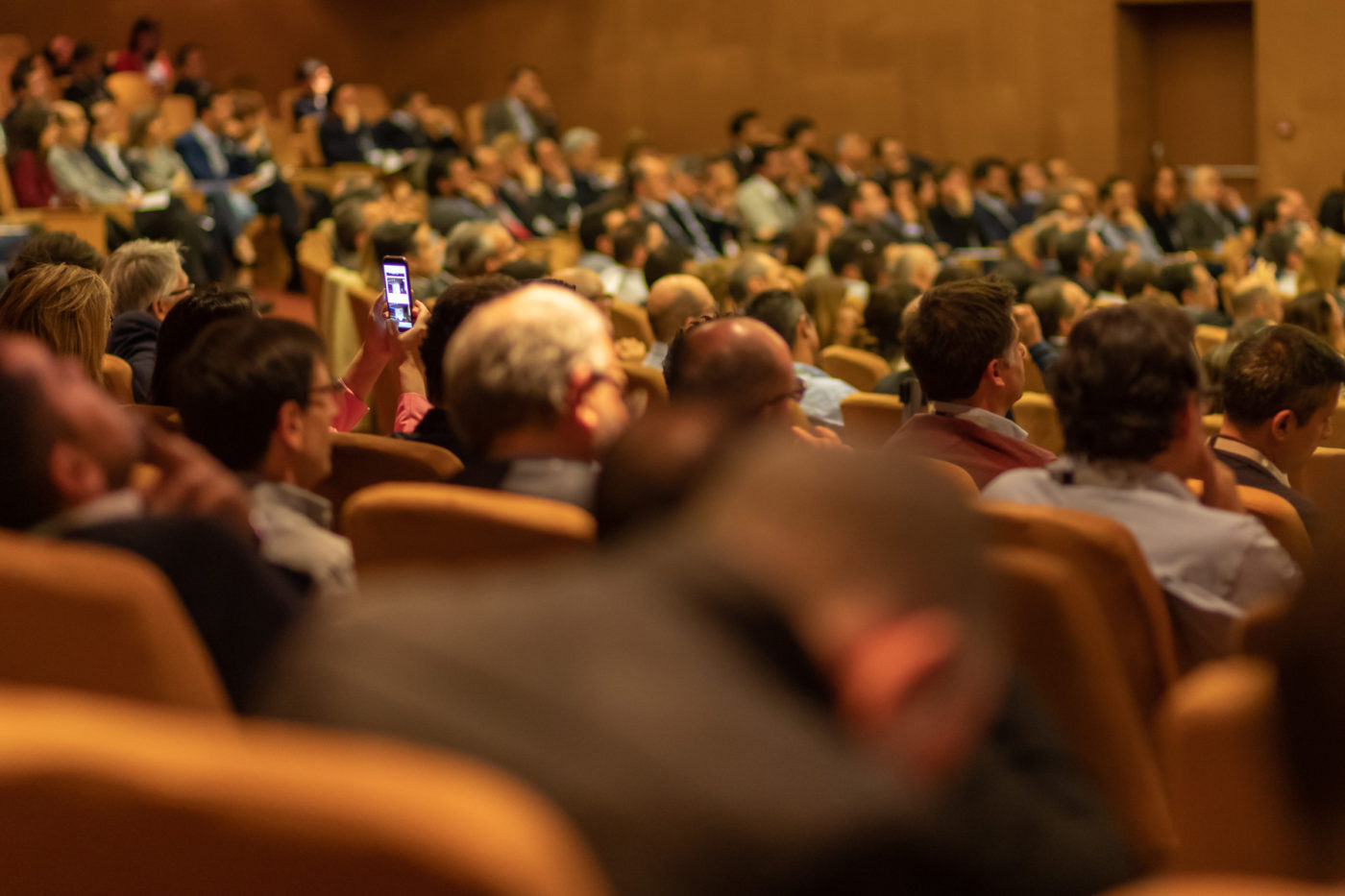Teaching: classes, lectures and gamified simulations
My teaching philosophy
Leaders leave a positive mark by taking the needs of their collaborators into consideration.
What do I teach?
What are my goals as a professor?
As most of my colleagues at IESE, I teach sessions using the case method. I would personally define it as "the art of managing uncertainty and fostering the capacity to think critically." As a professor, my aim is to host, moderate, and act as the devil's advocate, all in a quest to help program participants develop their cognitive complexity.
The case method is a transformative process that confronts participants with repeated exposure to intricate situations, that is, cases with many entangled facets. Such continued exposure helps participants to develop the two primary components of cognitive complexity, namely differentiation and integration. Differentiation refers to the understanding of different components of a situation rather than collapsing them all in one. Integration refers to the capacity of seeing the connections among those different dimensions of any situation. Developing cognitive complexity fosters that program participants set aside their own biases, premises, and preconceptions in order to deal with multifaceted and complex problems / situations.
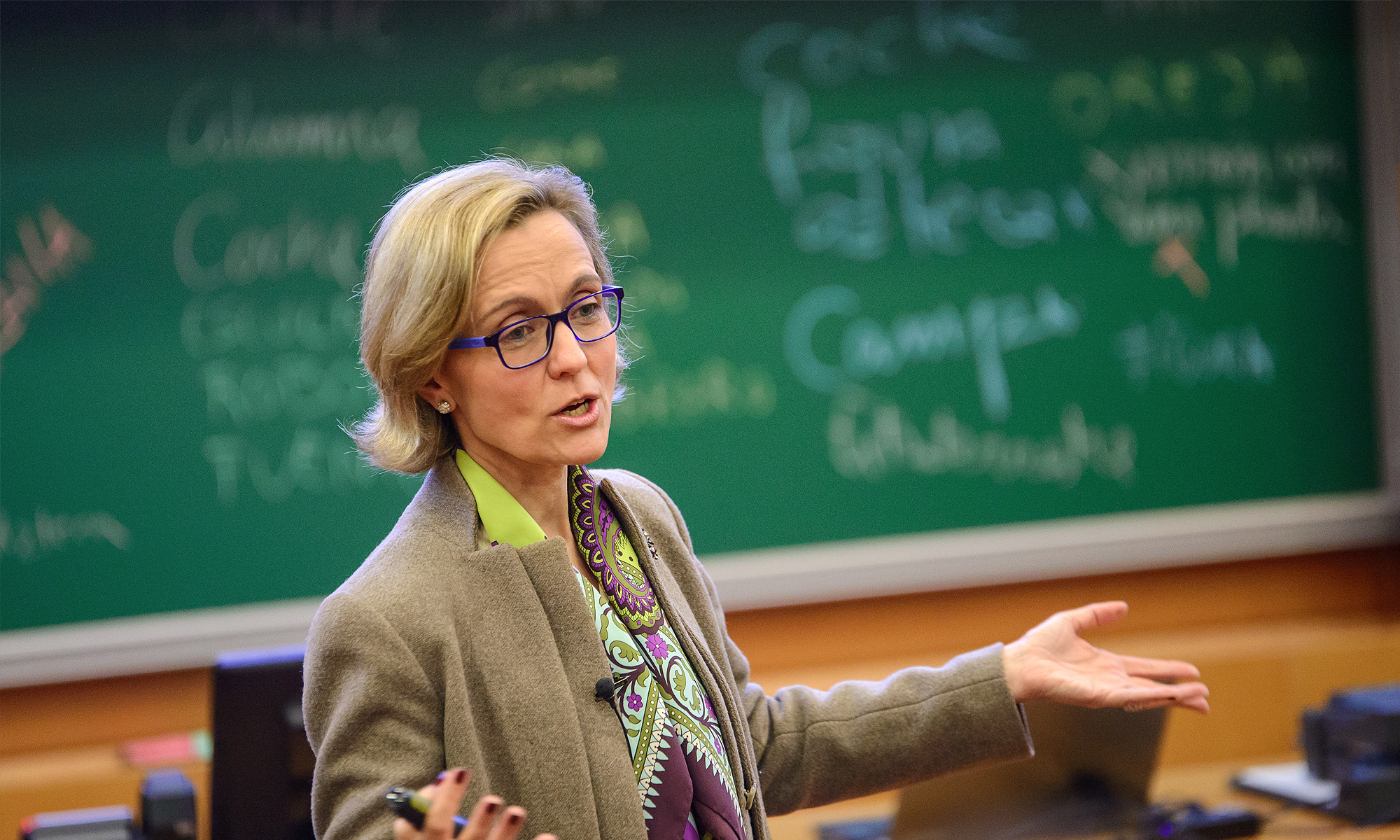
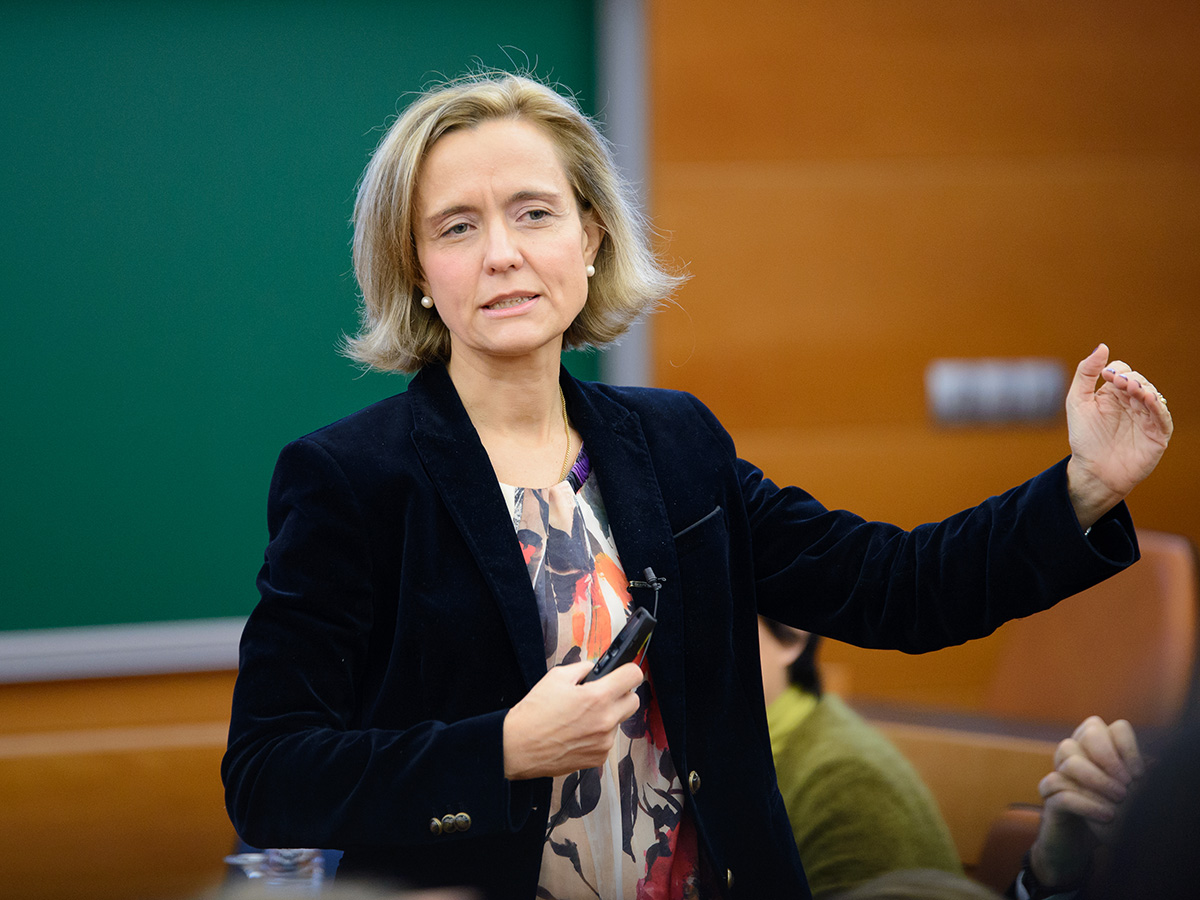
My ultimate goal
Thereby, the end goal of my classes is to facilitate participants development of the capacity to analyze problems in a much deeper manner whilst learning how to do it in a more structured way. It is my desire that class discussion always enable them to foresee all the results of the decision maker’s actions. When I say “all the results” I refer to:
- the extent to which the decision satisfies the decision maker’s present needs (i.e. the short-term results).
- the extent to which the decision helps him acquire skills (competencies/attitudes) that will enable him to satisfy a similar need again in the future (the sustainability of repeated interactions). And,
- the extent to which the decision fosters trust in others around him (based on Pérez López (1998)).
Aligned with the mission of IESE, I expect my students to become better leaders, which means being more humane and more effective decision makers. According to what I have learnt from other professors at IESE, I trust that during the case method, participants should experience frequent and repeated opportunities to act, react, and interact with each other and with the professor. I am convinced that in the case method the learning results from serious case preparation, both on the part of the participant and the professor, and fun and engaging case discussion.

